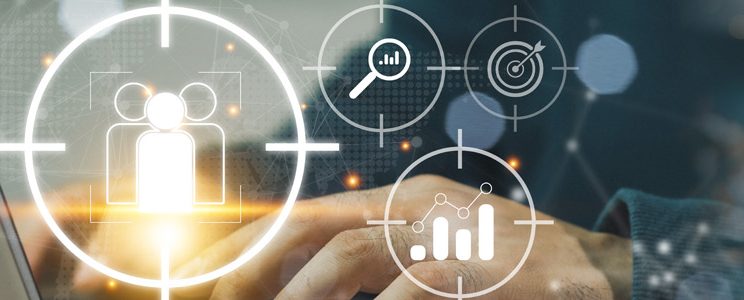Original Release Date: May 20, 2022
In episode three of our Strengthening the Forensic Workforce season, Just Science sat down with Dr. Mark McCoy, Professor and Administrator of the Digital Evidence and Cyber Security Program at the University of Central Oklahoma Forensic Science Institute, and Josh Brunty, an Associate Professor of Digital Forensics in the School of Forensic & Criminal Justice Sciences at Marshall University, to discuss the field of digital forensics, the importance of research and collaboration, and the development of dynamic academic programs.
Digital forensics is still considered one of the newer forensic science disciplines; however, it is a field that is rapidly growing. With devices from smart refrigerators to video game consoles constantly collecting user data, the science behind digital forensics must be ready to pivot with every software update and additional device available on the market. Tune in as Dr. McCoy and Professor Brunty discuss digital forensics versus cyber security, careers and research opportunities for those with strong computer science backgrounds, and an outlook for the field of digital forensics.
This episode of Just Science is funded by the National Institute of Justice’s Forensic Technology Center of Excellence [Award 2016-MU-BX-K110].
View or download the episode transcript here:
Transcript
Guest Biography
Dr. Mark R. McCoy is a Professor at the University of Central Oklahoma Forensic Science Institute where he is the Administrator of the Digital Evidence and Cyber Security Program. In 2012 Dr. McCoy was selected as a Fulbright Scholar in Information Technology/Digital Forensics. He retired after 20 years of service with the Oklahoma State Bureau of Investigation where he was the first supervisor of the OSBI Computer Crime Unit. He is a member of the International Association of Computer Investigative Specialists and has been a Certified Forensic Computer Examiner since 1996. Dr. McCoy has a master’s degree in Forensic Science and a Doctorate in Occupational and Adult Education. He is a Fellow in the Digital and Multimedia Forensics section of the American Academy of Forensic Sciences. His research interests include the application of technology in law enforcement, computer forensics, computer crime, and law enforcement education and training.
Josh Brunty is an Associate Professor of Digital Forensics in the School of Forensic & Criminal Justice Sciences at Marshall University in Huntington, WV. Prior to his appointment at Marshall University, he worked as a Digital Forensics Analyst (2005-2007), Quality Assurance Manager (2007-2008), and Technical Leader/Manager (2008-2012) for the West Virginia State Police Digital Forensics Unit at the Marshall University Forensic Science Center. He currently serves on the editorial boards of Forensic Science International: Digital Investigation, and the Journal of Forensic Sciences. He also serves as Executive Secretary and Member of the National Institute of Standards and Technology (NIST) Organization of Scientific Area Committee (OSAC) on Digital Evidence, a position he has served in since 2016. He has also served as Academician Commissioner of the Forensic Science Education Programs Accreditation Commission (FEPAC) since 2020. He is also a Fellow of the Digital and Multimedia Sciences Section of the American Academy of Forensic Sciences (AAFS). He is currently funded by the United States Secret Service National Computer Forensics Institute (USSS-NCFI) to perform digital forensics and investigative technology research (2020-2023). He is also currently funded by the United States Department of Homeland Security Science Technology (S&T) Directorate to engage in digital forensics tools and techniques in dark web investigations (2021-2023). Additionally, he has received past funding from the National Institute of Justice (NIJ) for Technical Training, Research, and Casework Activities for state and local agencies engaged in digital forensics (2010-2015). He has published a variety of articles and books, most notably co-authoring the Taylor & Francis textbook Social Media Investigation for Law Enforcement, which is still used in police academies and academic institutions throughout the United States. Additionally, he co-authored the Journal of Forensic Sciences article on the Forensic Inspection of Sensitive User Data and Artifacts from Smartwatch Wearable Devices, which received the 2019 American Academy of Forensic Sciences (AAFS) Digital & Multimedia Sciences Most Outstanding Research Award, in addition to being recognized by the journal as a 2019 noteworthy article.
The opinions, findings, and conclusions or recommendations expressed in this podcast episode are those of the presenter(s) and do not necessarily reflect those of the U.S. Department of Justice.
Contact us at ForensicCOE@rti.org with any questions and subscribe to our newsletter for notifications.




